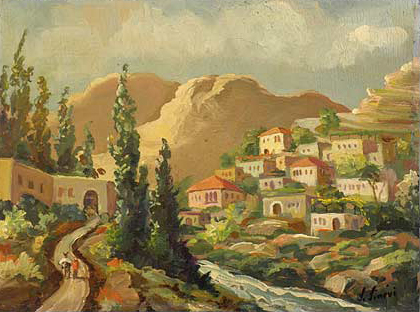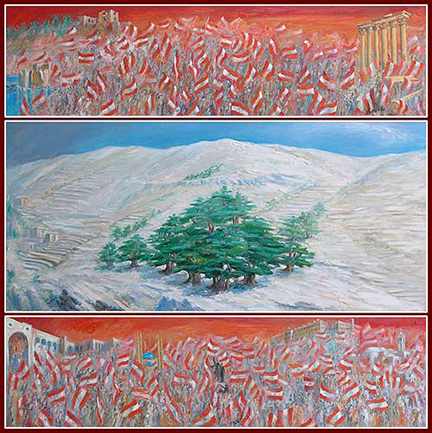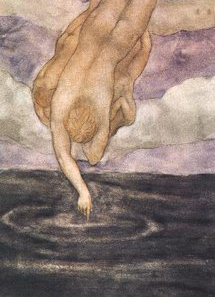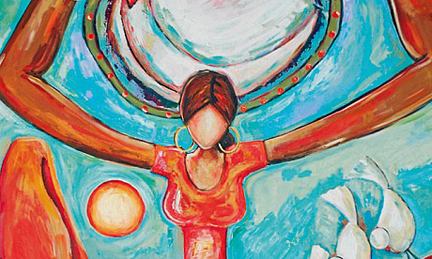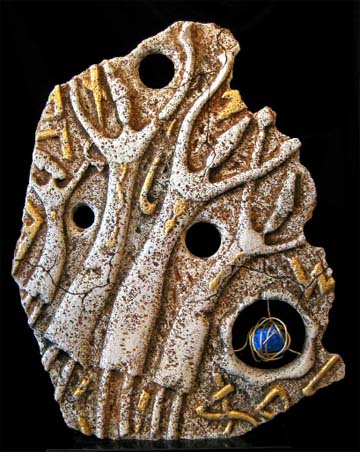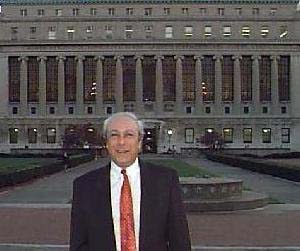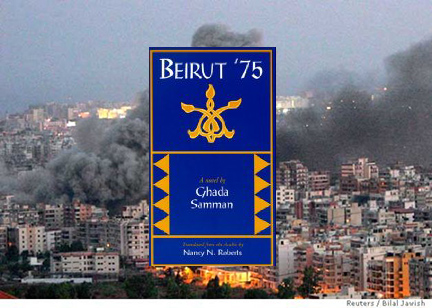
The Price of Freedom: A Reading of Ghada al-Samman’s Beirut ’75
by George N. El-Hage, Ph.D.
“Beirut has ruined me, that’s all!â€
“That’s not true,†he replied, “You women all accuse Beirut of ruining you when the truth of the matter is that the seeds of corruption were already deep inside you. All Beirut did was to give them a place to thrive and become visible. It’s given them a climate where they can grow.â€
“She wondered to herself…if they had allowed my body to experience wholesome, sound relationships in Damascus – would I have lost my way to this extent?â€
A sense of alienation, pessimism, and ultimate nihilism, which stems from al-Samman’s existential viewpoint, envelops the main characters in Beirut ‘75. The protagonists (Yasmeena, Farah, Ta’aan, Abu’l-Malla, and Abu Mustafa) feel trapped, alone, and disconnected from each other and from society. Each character’s personal struggle sheds light on some negative aspect of Lebanese society as seen by al-Samaan in 1975. Each character is exploited in some way, either sexually, politically or economically. Although these underlying evils of Lebanese society may have existed, al-Samman only shows a unilateral view colored by her own perception of reality. She fails to offer a multidimensional and more realistic view of the society at that time. In addition, she fails to successfully convey the depth of existential crisis that each of her characters endures, consequently resulting in characters that remain shallow and who do not convince the reader that their tragic demise is warranted.
The first chapter of the novel repeatedly foreshadows the characters’ impending doom; nevertheless, the reader is still left with a sense of bewilderment at such an astonishing and violent end to an otherwise ordinary set of characters. Did they really merit such a catastrophic conclusion of events? Several reviews have been very critical of such a sensational conclusion, and some critics, as well as many readers, have been shocked and dismayed. The author loves to admit, though, that she herself was puzzled with this conclusion as she tries to justify it to the public: Continue reading The Price of Freedom
